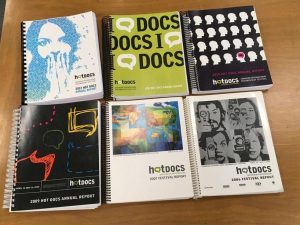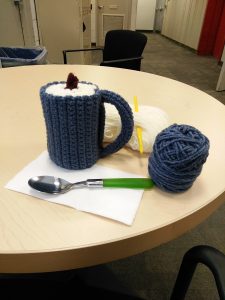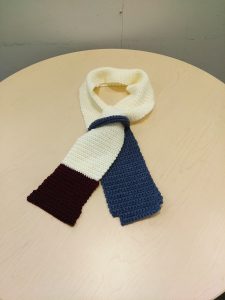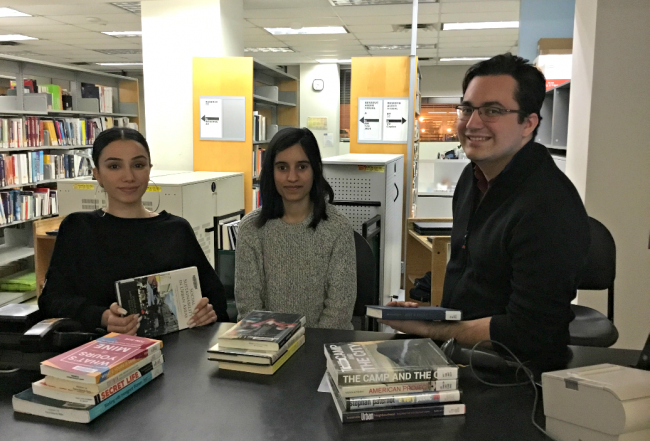A key partnership between the Library and the the Office of the Vice-President, Research and Innovation (OVPRI) is helping shape the future of research data management (RDM) services in Canada, with two key events taking place on the Ryerson campus this week. Research data management refers to the organization, storage, preservation, and sharing of data collected and used in a research project. RDM helps to increase research impact, and facilitates the sharing of research data – when shared, data can lead to valuable discoveries by others outside of the original research team.
The OVPRI recently hosted a Tri-Agency pre-consultation about RDM policies. This meeting included representation from CIHR, NSERC and SSHRC, and included members from research offices, libraries and ethics boards from a number of universities across Ontario. Attendees provided feedback that will help inform the upcoming Tri-Agency policy on RDM.
The Library has been deeply involved with planning and hosting Portage and RDM in Canada on Tuesday, January 30th, 2018. This is a full-day event on the subject of research data management (RDM) best-practices, and the need for coordinated institutional, domain, and national data management services in Canada.
Chief Librarian Carol Shepstone is providing welcoming remarks, with Dr. Steven Liss, Ryerson’s Vice-President, Research and Innovation moderating a panel including researchers and university administrators. Attendees from across the country will be participating in workshops on tools important to RDM planning and data deposit. The event will be streamed on Ryecast: https://ryecast.ryerson.ca/1/page/LiveEvents.aspx
For more information on RDM planning at Ryerson, please contact Matt Gertler, Data Librarian at matthew.gertler@ryerson.ca
 HotDocs, North America’s largest documentary festival, conference and market, will be making its annual arrival in Toronto from April 26 to May 6. As recently reported, the Library’s Archives and Special Collections received a donation of assets from past Hot Docs Festivals and year-round activities. This collection is now accessible on the Library’s 4th floor, and includes:
HotDocs, North America’s largest documentary festival, conference and market, will be making its annual arrival in Toronto from April 26 to May 6. As recently reported, the Library’s Archives and Special Collections received a donation of assets from past Hot Docs Festivals and year-round activities. This collection is now accessible on the Library’s 4th floor, and includes:

